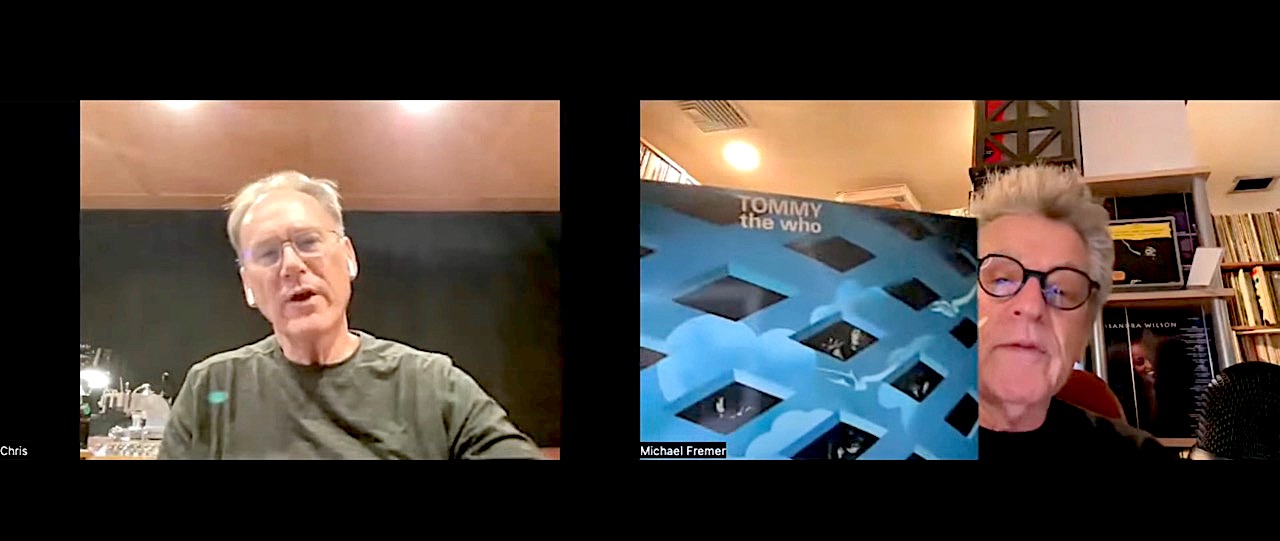Mastering Engineer Chris Bellman Talks Record Mastering With Michael Fremer
a 45 minute "free wheeling" interview features many interesting moments
Mastering engineer Chris Bellman has an impressive catalog of records he's mastered over the decades working at Bernie Grundman Mastering in Hollywood California. Bellman regularly cuts records for Neil Young among many other recording greats.
Bellman talks about cutting Tom Petty's "Wildflowers" from analog tape for the first time and discusses with me general cutting issues such as sibilants and how he deals with them. The two discuss the great Classic Records reissues from the early 2000s and a new double LP that Chris cut for "It All Comes Down to Mood" a new soon to be released Patrick Leonard album for which I "shepherded" the vinyl release.

Leonard produced Roger Waters' "Amused the Death", two of the final three Leonard Cohen albums and many of the early and best selling Madonna albums, among others. He was also half of the Toy Matinee, a great "cult" pop/rock band Leonard was in with the late Kevin Gilbert.







































.png)








